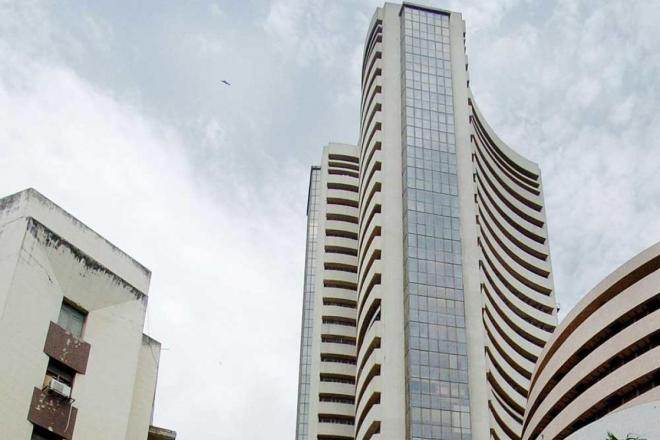Asia’s oldest stock exchange — BSE — which came up with its IPO (initial public offering) in February 2017 is mulling a share buyback proposal within a period of the very first year of going public. “BSE Limited has informed the exchange that the board of directors of the company at its meeting held January 15, 2018, has inter-alia approved the buyback proposal for purchase by the company of its fully paid-up equity shares of face value of Re 2/- each,” BSE said in a filing to NSE. Following the announcement, shares of BSE crashed 5.12% to the day’s low of Rs 931 on NSE after opening 4.2% lower at Rs 940 in the morning trades.
The share buyback price would not exceed Rs 1,100 per equity share, BSE said. At a price of Rs 1,100, it would be at 12% premium over Monday’s closing price of Rs 981.2. Over the course of about 11-and-half-months of being listed, shares of BSE have risen about 18% and the company has declared a total dividend of Rs 28 which includes an interim dividend of Rs 5 offered in the very first month of its listing in February 2017. But since the first day’s closing price of Rs 1,069.2, the stock has lost 13% to today’s low of Rs 931.
Shares of BSE made a 52-week high of Rs 1,200 and a 52-week low of Rs 886.05 respectively on 3 February and 18 December 2017. For the quarter ended on 30 September 2017, BSE reported a decline of 12% in the net profit to Rs 67 crore as against Rs 76 crore in the same period a year ago, mostly due to higher expenses.
Earlier last year, BSE public offer — the first mega IPO of the year — got an overwhelming response with an oversubscription of over 50 times the issue size. It raised Rs 1,243 crore for its promoters and existing shareholders by selling a total of 1.54 crore shares. BSE Ltd is the owner of the Bombay Stock Exchange, Asia’s oldest stock exchange, and has about 9,500 member-shareholders. Interestingly, BSE is listed on the rival exchange NSE, due to SEBI’s regulations prohibiting exchanges from self-listing their stocks.
BSE did not issue any fresh shares in the IPO, and only sold shares of its existing stakeholders, marking a complete exit of some of the existing prominent shareholders, including some of the founders. This was probably seen as a negative, as investors might have suspected a limited upside to the company’s business. Some of the top BSE shareholders, who sold their holdings in the offering, included Singapore Exchange Ltd, Quantum (M), Atticus Mauritius and Acacia Banyan Partners. Singapore Exchange Ltd (SGX), which had 4.7% stake in BSE, sold its entire 4.7% stake to make a complete exit.


